Lifestyle
5 accidental masterpieces that shaped the course of art history
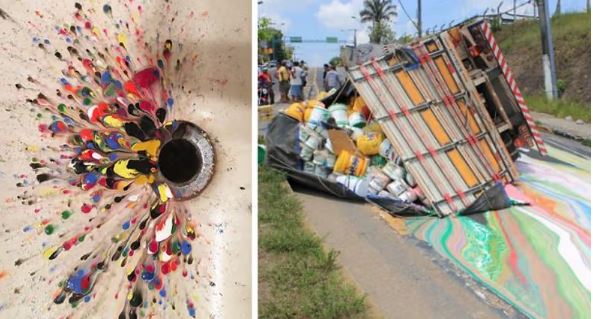
Sometimes the best things often happen by chance, not through meticulous planning.
For art enthusiasts who adore the unexpected twists and turns in the art world, this article promises a journey through five such astonishing artworks.
Let’s dive into these serendipitous wonders and unravel how they’ve left an indelible mark on the canvas of art history.
1. The Persistence of Memory by Salvador Dalí
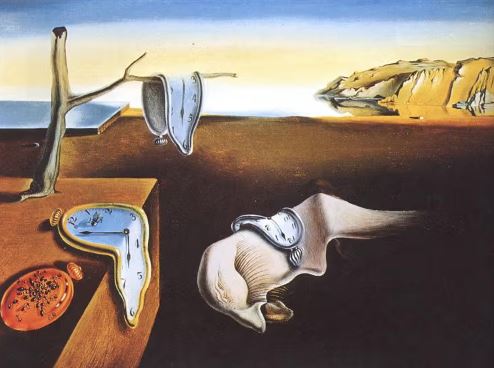
This iconic piece, known for its melting clocks, is rumoured to have been inspired by a surrealistic dream. Dalí, known for his flamboyant personality and eccentric artistic style, claimed that the idea for this painting came to him accidentally. The fluidity of time depicted in this masterpiece continues to intrigue and perplex viewers, making it a celebrated work in the realm of surrealism.
2. Jackson Pollock’s splatter paintings
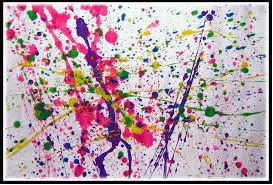
Pollock, the master of Abstract Expressionism, stumbled upon his signature style by accident. While experimenting in his studio, he spilt some paint on the canvas and found beauty in the chaos. This accident birthed his famous splatter and drip technique, which revolutionised the world of modern art.
3. Venus de Milo
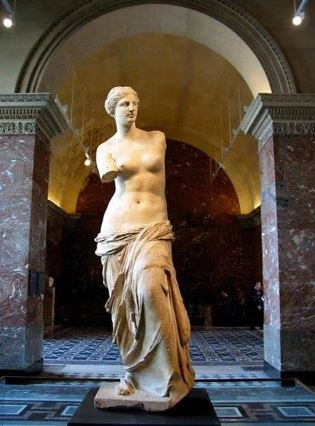
This ancient Greek statue, famous for its missing arms, wasn’t always incomplete. Legend has it that the arms were lost during a scuffle between French and Turkish troops over its possession. The statue’s armless state, however, added to its mystique and made it a symbol of classical beauty.
4. No. 5, 1948 by Jackson Pollock
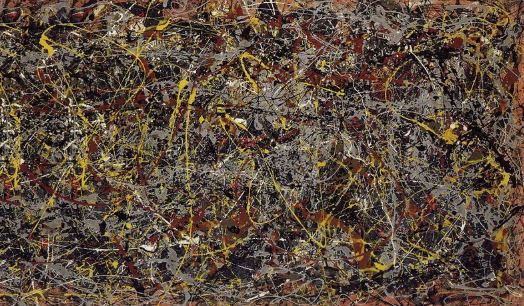
Another masterpiece by Pollock, this painting was created with his unique drip technique. The chaotic and vibrant energy of the painting, a product of an unplanned process, has captivated audiences and cemented Pollock’s place in art history.
5. The Scream by Edvard Munch
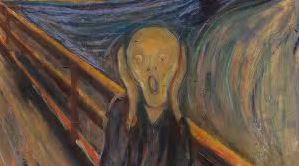
This world-renowned piece, echoing with existential angst, was born out of a moment of emotional turmoil. Munch’s spontaneous expression of his inner fears and feelings resulted in one of the most iconic images in art history, symbolising the human experience of despair.






